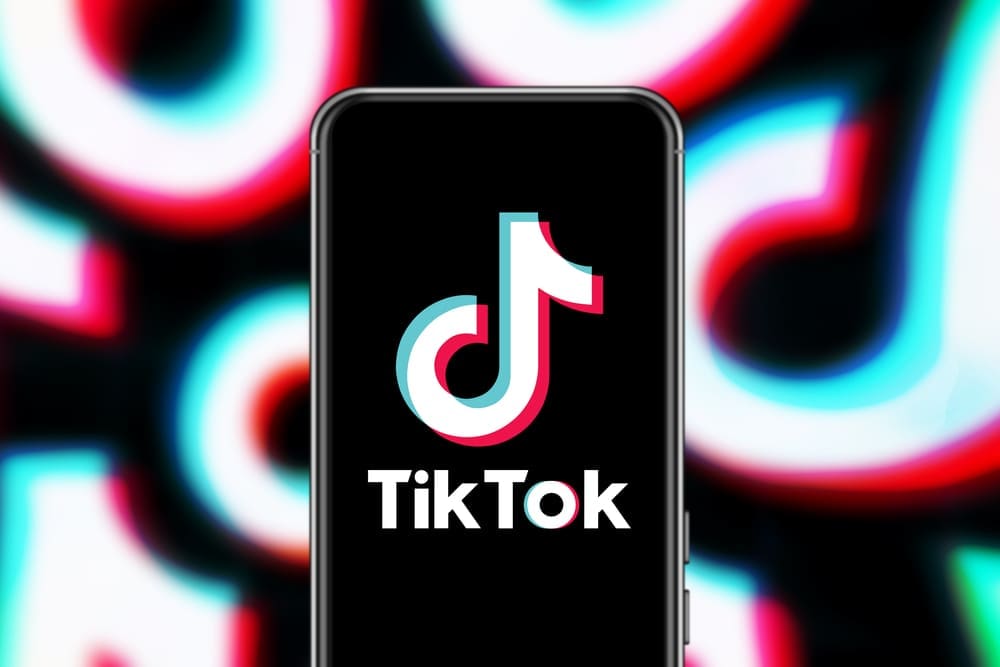TikTok has asked the Supreme Court to block a federal law that could force the app to shut down in the United States. This comes after the company requested a pause last week. The company filed an emergency petition Monday, arguing that the measure, which targets its Chinese ownership, violates free speech protections under the First Amendment.
The law, titled the Protecting Americans from Foreign Adversary Controlled Applications Act, was passed by Congress and signed by President Joe Biden. Set to take effect on Jan. 19, it requires TikTok’s parent company, ByteDance, to sell the platform to an American entity or face a nationwide ban.
In its court filing, TikTok called the ban a threat to millions of U.S. users who depend on the app for communication, creativity, and commerce. The company has urged the justices to intervene before the deadline, describing the measure as unconstitutional.
“The Act will shut down one of America’s most popular platforms for speech, silencing millions of voices the day before a presidential inauguration,” TikTok’s lawyers argued.
The Supreme Court’s decision could either temporarily block the law, setting the stage for a more thorough constitutional review, or allow the ban to proceed. Should the ban go into effect, TikTok has indicated it will continue its legal fight.
The U.S. government has defended the law as necessary for national security, citing concerns about ByteDance’s links to the Chinese government and the potential for misuse of American user data or manipulation of content on the platform. The U.S. Court of Appeals for the District of Columbia Circuit previously upheld the law, finding it served a compelling national interest.
Since its U.S. launch in 2018, TikTok has grown to claim 170 million American users. Its algorithm, which curates tailored short-form video content, has made it a key part of popular culture.
Civil liberties groups and other TikTok users have joined the platform’s legal battle, arguing that banning the app would set a dangerous precedent for restricting speech in the digital age.
This legal fight is the latest in a series of U.S. government efforts to curb TikTok’s influence, which began under former President Donald Trump. While Trump previously sought to ban the app outright, he has recently expressed mixed sentiments, saying he has a “warm spot” for TikTok.
The Supreme Court’s response will determine whether TikTok remains operational in the U.S., testing the balance between national security concerns and constitutional rights.
The New Jersey Digest is a new jersey magazine that has chronicled daily life in the Garden State for over 10 years.
- Staffhttps://thedigestonline.com/author/thedigeststaff/
- Staffhttps://thedigestonline.com/author/thedigeststaff/
- Staffhttps://thedigestonline.com/author/thedigeststaff/
- Staffhttps://thedigestonline.com/author/thedigeststaff/


